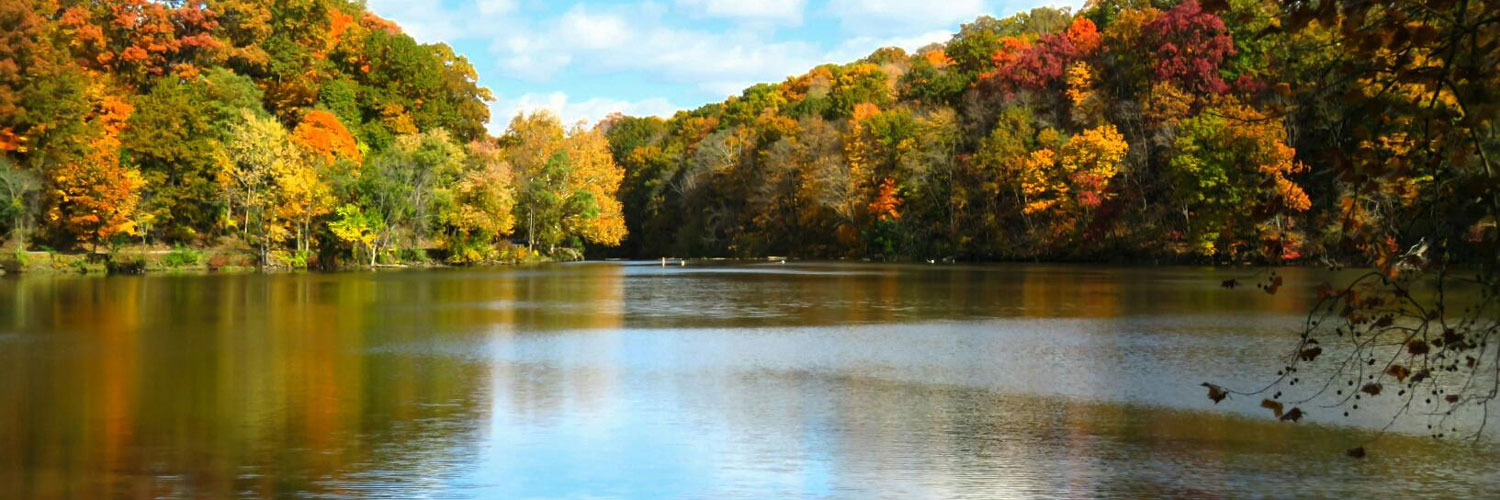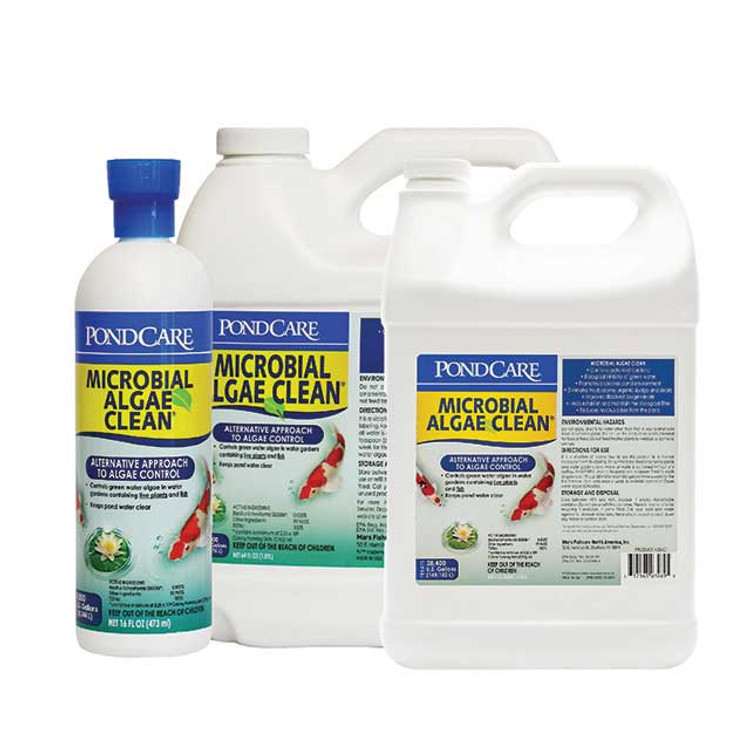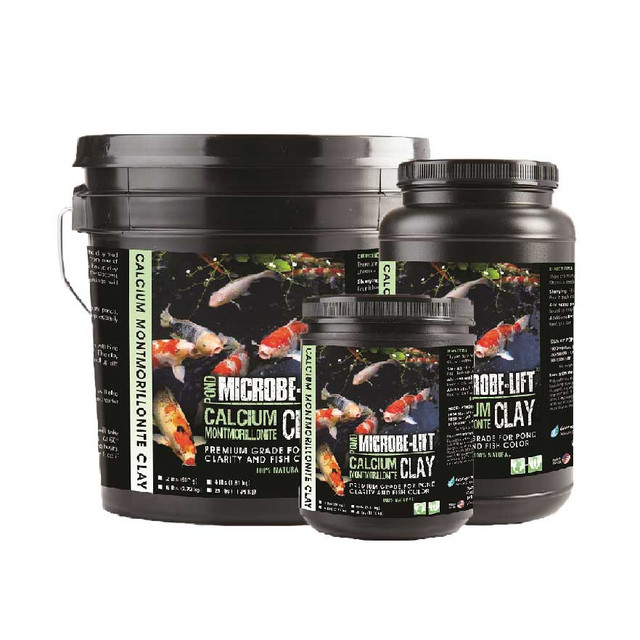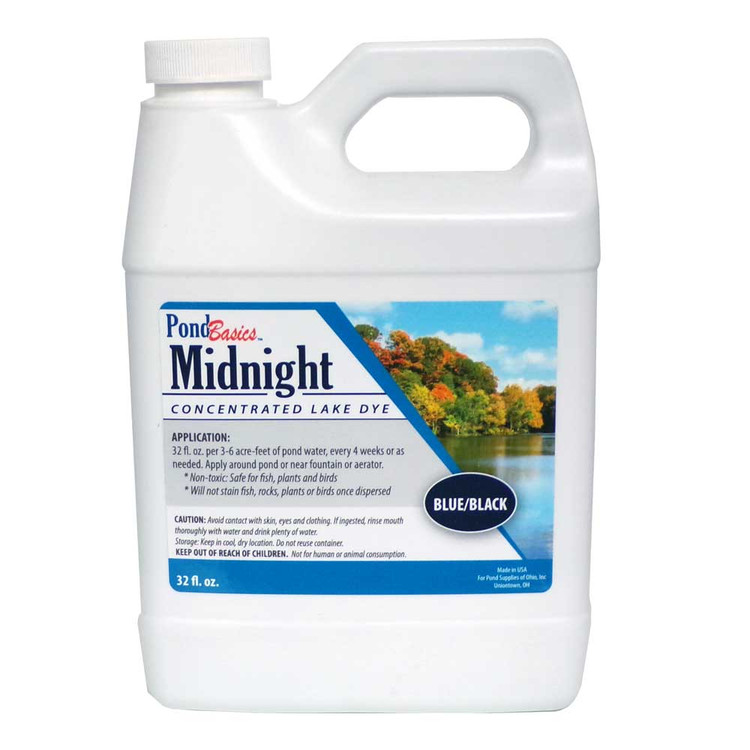Lake Treatment Chemicals
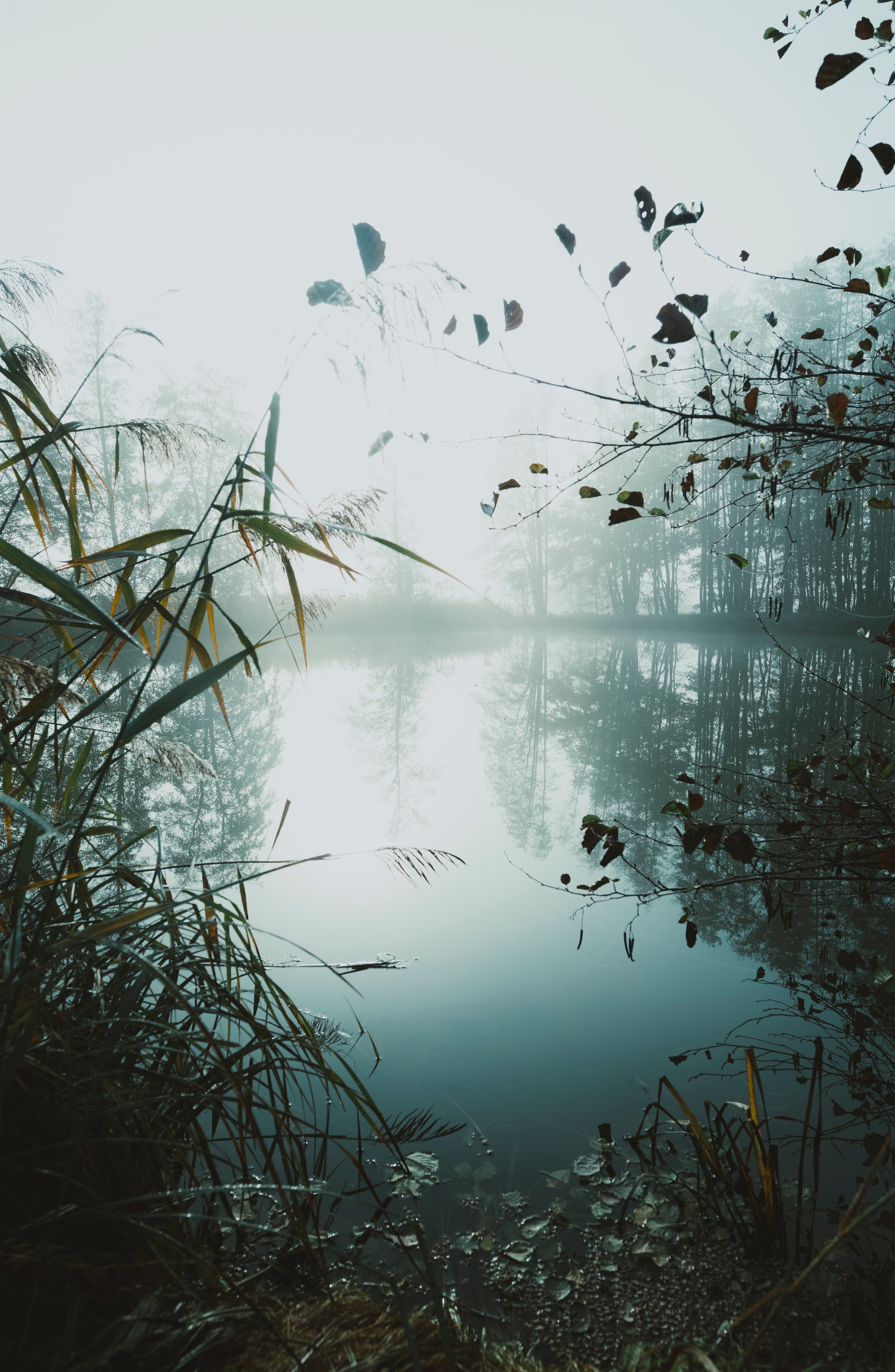
Chemicals are a common control method to treat problematic plants, algae, disease, and insects in or around lakes and earthen bottom ponds. Most lakes and earthen bottom ponds at some point struggle with some of these nuisances. For the lake owner, knowing what causes these issues and how to choose the right chemical treatments to effectively act upon the problem, is a good first step to fixing issues.
While getting your lake cleaned up may be at the top of your todo list it's important that you familiarize yourself with local environmental laws and code. Your area may have restrictions in place on what kind of chemicals can be used in lakes within their jurisdiction. You may need a permit. Also, don't forget to take your beloved lake critters into consideration. Chemical treatments, either through misapplication or overuse, can and does have an affect on your lake ecosystem. You can kill your fish and turn the water toxic if you're not careful.
Be Safe
Ensure that all instructions are followed closely for any and all chemical treatments or additives to your lake. Human and wildlife safety precautions should be taken seriously by anyone handling and applying chemical treatments. Some treatments can be very hazardous regardless of concentration level. Be aware that toxicity can occur by touch or direct contact with the chemical and/or by inhalation of chemical fumes. Please read all product labelling and properly store chemical treatments in a safe non-hazardous location.
| Lake Herbicides Herbicide lake treatments are used to control and inhibit the growth of plants in and around water. Common herbicides used in Lake and Pond chemical treatments include 2, 4-D, Flouridone, Glyphosate, Imazapyr & Diquat dibromide. Aquatic Herbicides come in selective and non-selective varieties. Some plants such as duckweed or watermeal may require selective lake herbicide formulas to properly treat. Herbicides can be toxic to the health of your lake, yourself, and surrounding flora if improperly applied. When correctly applied lake and pond herbicide treatments can be effective in controlling unwanted plants. |
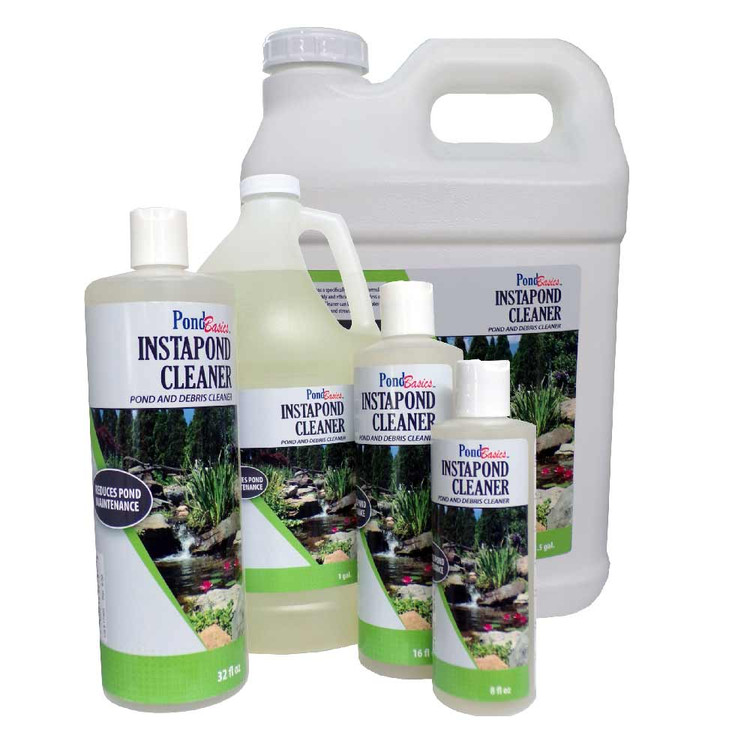 |
| Lake Algaecides Algaecide lake treatments are utilized to control algae and algae blooms. Algae is most commonly the cause of green cloudy water or "pea soup" as some people call it. Other forms are filamentous or "stringy" algae and you commonly see this variety on streambed rocks and alongside the edgings of your lake. Other forms build up across the lakes surface. Examples of chemicals used to treat algae are Copper Triethnolamine, Sodium Carbonate, and Copper Sulfate. Be aware that algae can be treated by other means rather than aquatic algaecides; examples being high filtering plants, lake aeration systems, and effective filtration (e.g. a bog filter). Algaecides disrupt the natural cellular processes of algae to kill it. Over use or misapplication can kill fish and other organisms; look to natural safe treatments for algae before resorting to harsher chemical treatments. Barley straw has been shown to reduce algae growth safely without harming the other elements of your aquatic ecosystem. |
|
| Flocculants & Water Clarifiers Some Lake Water Clarifiers are flocculants designed to clump together suspended particles in your lake water. They help clear up cloudy water and in a pinch can be used to clear up cloudiness caused by algae (might not fix the problem though!). When the chemical clumps these particles together the clumps either get filtered out, eaten by aquatic wildlife, and sink to the bottom of the lake adding to the muck and decomposing material there. |
|
| Lake Dyes Lake dye treatments are intended to darken, colorize, and beautify lake water. On top of that lake dye adds shading across the pond to help prevent overgrowth of submersed aquatic plants like hornwort and increase water quality. Many lake dyes are safe for fish and the lake ecosystem and won't stain elements found there. |
|
| Lake Water Conditioners Water Conditioners for lakes and ponds can be beneficial to the health of the lake and any fish living in it. Conditioners are intended to emulate the natural aging of your pond as it develops into a balanced ecosystem. Lake water conditioners remove ammonia and chlorine, help replenish slime-coats on fish, and even help detoxify heavy metals in the water. |
